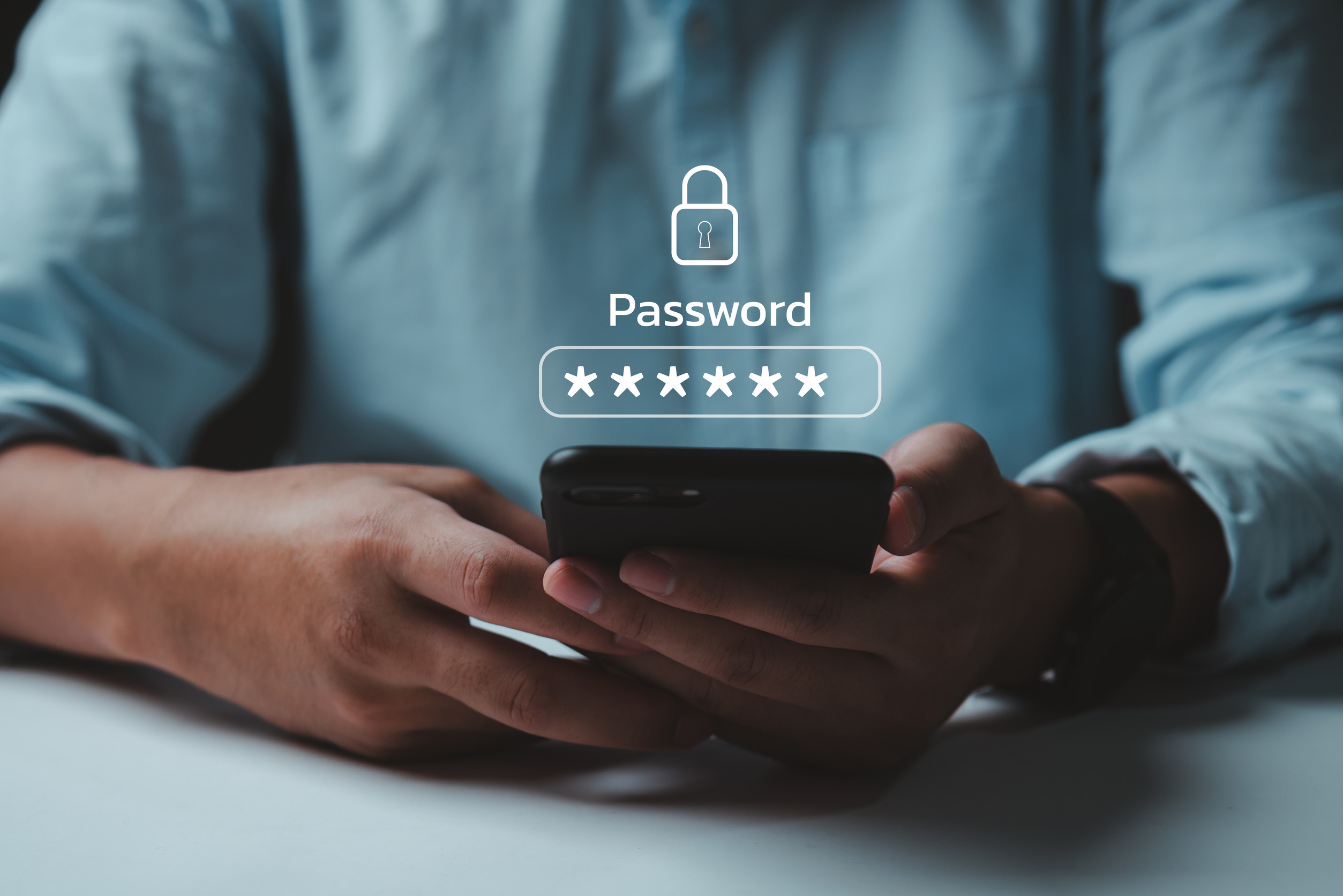
In today’s world, more of our financial lives are online. From bank accounts to investment platforms, access often depends on knowing the right digital password. But what happens when you pass away or become incapacitated, and your heirs can’t get into these accounts? Digital password errors can prevent heirs from accessing funds, causing delays, stress, and even financial loss. Planning for digital access is just as important as planning for physical assets. Avoiding common mistakes ensures your loved ones can manage your finances when it matters most. Here are ten digital password errors that can create real problems for your heirs.
1. Using Only Memory to Store Passwords
Many people rely on memory to recall important passwords, but this poses a big risk for estate planning. If you’re the only one who knows the password, your heirs may never access your accounts. Even if you think you’ll remember, stress and time can make it easy to forget. This digital password error can cause funds to remain locked away indefinitely.
2. Storing Passwords in Obscure Physical Locations
Some folks jot passwords on slips of paper, hide them in books, or tuck them in drawers. While this might seem secure, it often leaves heirs searching through your home for clues. If they don’t know where to look, they might never find the right information. This can delay access to essential funds and add frustration to an already difficult time.
3. Using Outdated Password Lists
It’s common to update passwords for security, but not everyone updates their master list. If your heirs find an old list, it may not work for current accounts. This digital password error can leave heirs guessing which passwords are valid, wasting time and potentially missing out on critical resources.
4. Failing to Share Password Management Tools
Password managers like LastPass or 1Password are great for organizing logins, but they’re useless if your heirs don’t know the master password. If you use a digital vault, make sure your executor or trusted family member can access it. Without this, the tool’s convenience becomes a barrier instead of a solution.
5. Ignoring Two-Factor Authentication (2FA)
Many financial platforms now require two-factor authentication, sending codes to your phone or email. If heirs don’t have access to your devices or accounts, they can’t complete the login process. This digital password error can be a major roadblock. Make sure your estate plan includes instructions for accessing 2FA methods.
6. Not Documenting Account Locations
Even with the correct password, heirs need to know where your accounts are held. Some people have multiple banks, investment firms, or crypto wallets. If you don’t leave a clear list, your heirs may not even know which accounts exist. This oversight can cause assets to be overlooked or lost forever.
7. Overcomplicating Passwords Without Noting Them
Strong, complex passwords are important for security, but if you don’t record them somewhere safe, your heirs will struggle. A string of random numbers, letters, and symbols may keep hackers out, but it also keeps your loved ones out if they don’t know what you chose. Balance security with practicality in your planning.
8. Failing to Name a Digital Executor
Most wills name an executor for physical assets, but few mention a digital executor. This person should have legal authority to access your digital accounts and manage passwords. Without this designated role, companies may refuse to give access, citing privacy rules. Naming a digital executor is a key step to prevent digital password errors from blocking your heirs.
9. Not Reviewing Password Sharing Policies
Different banks and platforms have their own rules about password sharing and account access. Some explicitly prohibit sharing passwords, even with heirs, while others allow it with proper documentation. Not reviewing these policies can lead to legal headaches or denied access.
10. Assuming Heirs Are Tech-Savvy
Don’t assume your heirs will know how to navigate digital accounts or password managers. If they’re not comfortable with technology, even the best-laid plans can fall apart. Provide clear, step-by-step instructions, and consider walking them through the process while you’re able. This simple step can prevent digital password errors and smooth the way for your heirs.
How to Secure Digital Accounts for Your Heirs
The rise of online banking and investing means digital password errors are now a critical estate planning concern. Start by making a secure, up-to-date list of all accounts and passwords, and store it in a place your executor can access. Use a password manager if you prefer digital solutions, but make sure someone trustworthy knows how to unlock it. Consider naming a digital executor and reviewing policies with your financial institutions to avoid surprises. By addressing these issues now, you can ensure your heirs have access to funds quickly and easily.
For more on estate planning in the digital age, check out this guide to protecting digital assets after death. Have you taken steps to prevent digital password errors in your estate plan? Share your thoughts or questions below!
Read More
How Safe Is That Password Free Login Feature Everyone’s Using?
What Happens If No One Claims Your Digital Assets After Death?
The post 10 Digital Password Errors That Prevent Heirs From Accessing Funds appeared first on The Free Financial Advisor.







